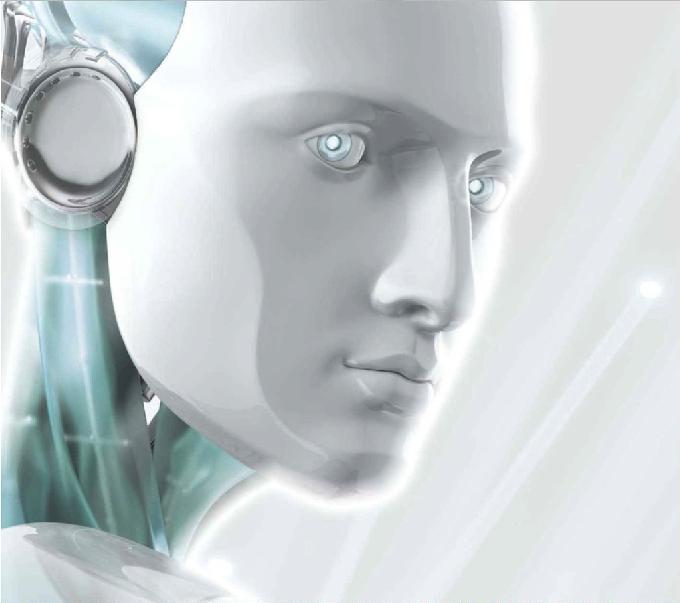According to scientists, humanity has begun its next major shift: we are now entering the “Hybrid Age”. Across the entire range of scientific and technological disciplines changes are occurring that were unimaginable a few decades ago.
Biomechatronics
Emerging as a central theme for this new age is “biomechatronics”: the fusing of engineering and life sciences. IndustryTap has reported on developments from “thinking machines” like Watson to “advanced prosthetics“, efforts to map genomes, the engineering of synthetic skin, mapping the brain, and discovering the fundamental building blocks of the universe. This all represents a completely new platform on which humanity will build new institutions and ways of living.
Like all revolutions the changes taking place are not without controversy. Genetically modifying plants and animals and eventually humans and combining and integrating them with advanced technologies like nanobots has bioethicists, law professors, and religious thinkers wondering what this will lead to.
Human Performance Moditication
Will we be able to, and should we, redesign our minds, memories, physiology, and children? An emerging field, otherwise known as “Human Performance Modification,” may emerge as humanity’s central struggle of the new age in the way nuclear technologies emerged during the Cold War. It is a classic case of not what the technology is, but what humans decide to do with it.
Integrating Technology into Our Daily Lives & Maybe Even Our Bodies
Technologies like bionic implants will radically change the capabilities of average humans. Dexterous robots, avatars and humanoids are already starting to become a normal part of our everyday lives most notably in industrial and business settings but soon in homes and public spaces.
In a recent report by IBM it is estimated that the Hybrid Age will see the introduction of one trillion sensors connected to the Internet by 2015; sensors will be part of every technology from automobiles to fashion to eating utensils, you name it. All of this will add huge amounts of data to the world’s storage mediums.




